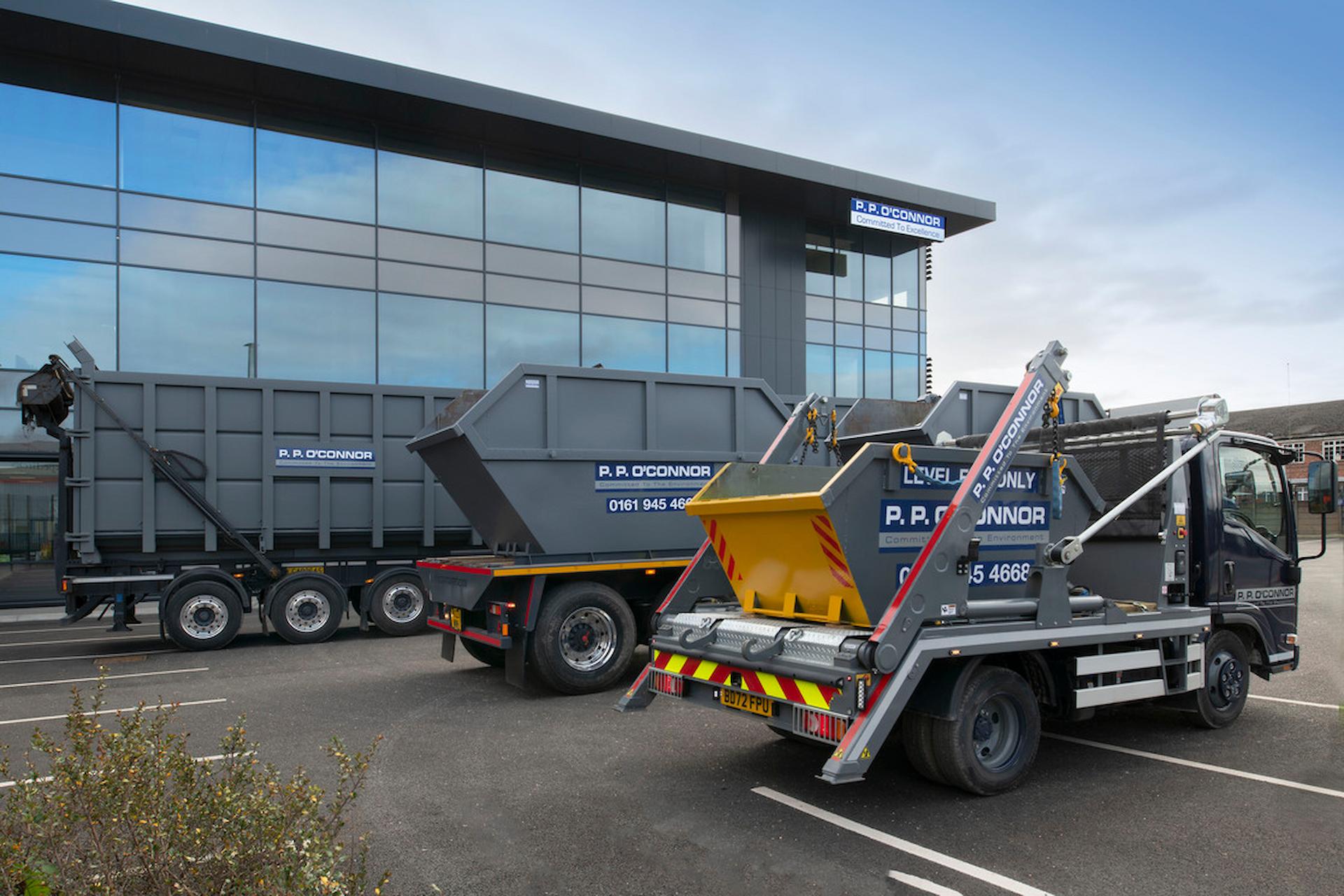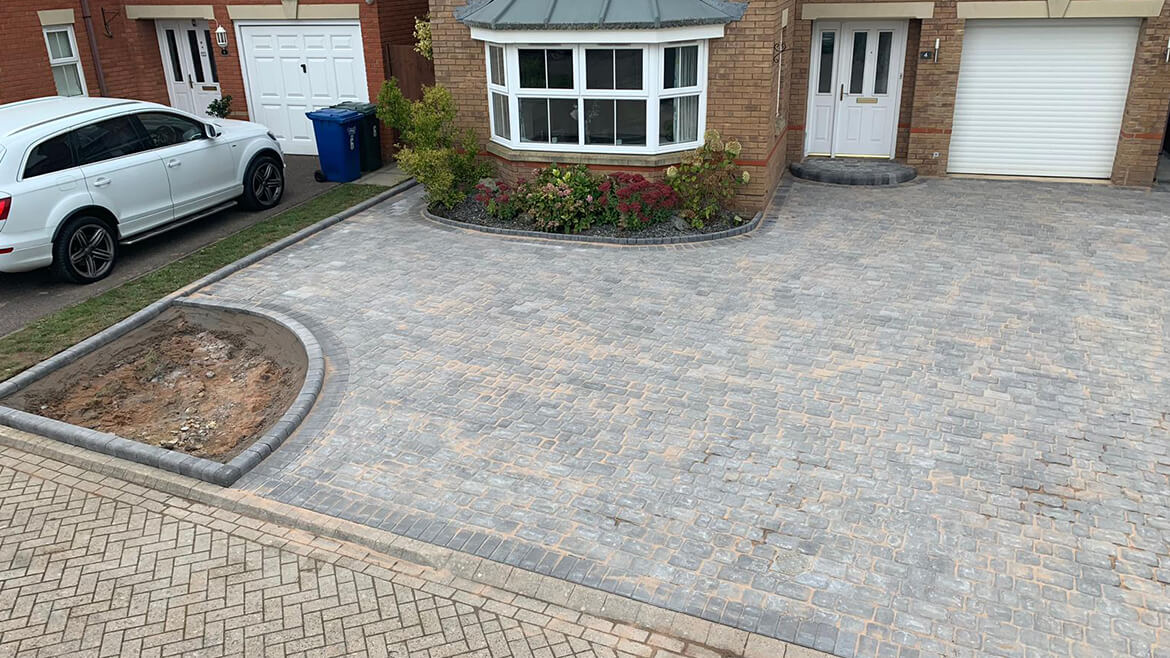Choosing the right skip size can save you time, money, and stress. Whether clearing out your home, renovating your garden, or managing a construction site, this guide will help you select the perfect skip hire Slough option. Learn how to estimate your waste, compare skip sizes, and avoid common mistakes when hiring a skip.
Hiring a skip is one of the most convenient ways to manage waste from home or commercial projects. Whether clearing a garage, tackling a renovation, or handling site debris, getting the right size skip is essential. It helps avoid overfilling, saves money, and correctly handles your waste. If you’re arranging skip hire Slough, choosing the correct size is the first step toward a smooth experience.
Many people assume that all skips are the same. Skips come in several sizes, each designed for different types of jobs. Picking a skip that’s too small could mean hiring another one. Going too big might waste space and increase your costs. So, how do you strike the right balance?
Why Skip Size Matters
Every project generates a different amount of waste. A kitchen remodel, for example, will create more rubbish than a simple garden tidy-up. That’s why it’s essential to think about the volume of waste before choosing a skip.
The skip size also affects how it’s delivered and where it can be placed. Smaller skips fit easily in driveways, while larger skips may require road space and council permission.
You’ll avoid issues like delays, extra fees, or uncollected waste when you plan. The right skip size helps everything run more efficiently.
Types of Skips Available
Skips are typically measured in cubic yards. Here’s a simple breakdown of the most common types you’ll find when booking skip hire Slough:
Mini skips are small and ideal for household clear-outs. They’re often used for decluttering, bathroom upgrades, or minor garden work. These skips are easy to place and fill quickly.
Midi skips are slightly bigger and work well for minor renovations. They hold more bulk and are perfect for replacing flooring or clearing out multiple rooms.
Builder’s skips are among the most popular sizes for home renovation and construction jobs. They can handle heavy materials like bricks, concrete, and timber and offer a good balance of capacity and accessibility.
Large skips are meant for commercial use or big building projects. They are ideal when you have lots of waste or a mix of bulky and heavy materials. Due to their size, they often require road permits and more space to position.
Knowing the difference between these options helps you make the best decision based on your project’s needs.
How to Estimate Your Waste Volume
Estimating waste can be tricky, especially if this is your first time hiring a skip. A good rule of thumb is considering how many black bin bags it would take to hold your waste.
For instance, a mini skip can hold about 25 to 35 bags, while a builder’s skip might hold between 60 and 80. If removing furniture or large items, you must account for the space taken up by awkward shapes or heavy debris.
Some skip providers offer online calculators or advice to help you make a more accurate choice. It’s worth asking questions before booking, especially if your project might generate more rubbish than expected.
Common Projects and Suitable Skip Sizes
Each type of job has its waste profile. Here are some examples to guide your choice:
A mini or midi skip usually works best for a garden tidy-up. These sizes are easy to fit for trimmings, leaves, and small branches.
For a bathroom refit, a midi skip gives enough room for old fittings, tiles, and plasterboard.
A builder’s skip is often the right size for a kitchen renovation or garage clear-out. These projects generate bulkier, heavier waste that needs a strong and spacious container.
Larger skips are ideal for full home renovations or site clearance. They allow you to clear everything at once without repeated collections, saving you time and hassle.
Choosing based on your specific job keeps costs low and avoids wasted space or last-minute issues.
Do You Need a Permit for Your Skip?
If your skip will be placed on a public road or pavement, you’ll need a permit from the local council. This applies to most large skips or when private land isn’t available.
Providers offering skip hire Slough usually handle permit applications on your behalf. Still, it’s good to check what’s included in your service. Failing to get a permit could result in fines or removal delays.
Place your skip on your driveway or property to avoid extra paperwork and permit costs.
Other Tips to Get the Most from Your Skip
Ensure your skip is loaded evenly and filled to the marked line. Overfilled skips can’t be legally transported and may result in additional charges.
Don’t mix restricted items like tyres, asbestos, paint, or electrical goods with your general waste. These need special disposal and should be discussed with your provider.
Always book your skip in advance, especially during peak seasons. This ensures availability and avoids last-minute stress.
Work with a reputable company that recycles where possible and handles waste responsibly. This supports sustainability and protects the environment.
Final Thoughts
Choosing the right skip size is a small decision that makes a big difference. It helps you complete your project faster, stay within budget, and avoid unnecessary problems. When you understand your waste volume and project scope, making the right call is much easier.
Whether clearing out a home, landscaping your garden, or managing construction waste, thoughtful planning is key. With the proper guidance and a trusted provider offering skip hire Slough, your job will be simpler, safer, and more efficient from start to finish.




